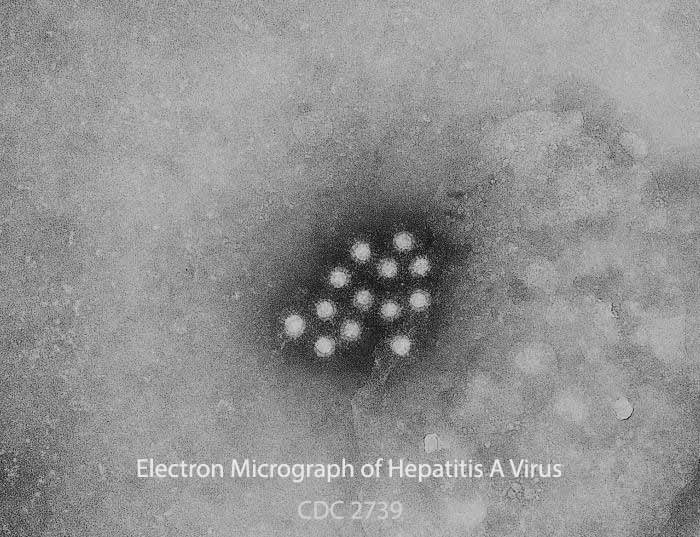Our hepatitis A lawyers can help you sue a restaurant, grocery store, food company or drug company that sold you a contaminated product.
In hepatitis A cases, who is responsible for compensating injured people?
It depends on how the virus was transmitted. Companies that could be legally responsible generally include the following:
- A restaurant whose employee was sick, did not wash his or her hands well, and then handled food and got feces containing the hepatitis A virus on that food;
- A restaurant that served a food item that was contaminated before it got to the restaurant;
- A retailer, if it reprocessed the food before sale to customers or if it served samples;
- A food grower, processor, distributor, and others in the supply chain if the contamination can be traced back.
If the contamination can be traced back, the company where the initial contamination happened is primarily liable, but many other companies, including a grocery store, other retailer (Costco or Walmart), or restaurant can sometimes also be sued. In that case, there would be one lawsuit with several named defendants.
For additional information, read “Can I Sue a Grocery Store for Food Poisoning?” and “Can I Sue a Restaurant for Food Poisoning?”
How is hepatitis A spread by a restaurant employee?
If a food handler at a restaurant who has hepatitis A does not wash his or her hands well after going to the bathroom, any feces left on the hands can get into patrons’ food. Because the hepatitis A virus colonizes in human feces, anyone eating the infected food handler’s feces will consume cells of this virus and thereby be infected. To put it simply, if you got sick in this way, you ate some of the employee’s poop. There is little doubt that a restaurant should pay for this.
Can you sue a drug company for hepatitis A?
Yes, if you can prove that you were sickened by tainted medication, you have a lawsuit and can sue for money damages.
What is the “incubation period” and how long is it?
“Incubation period” means the length of time between being infected with a pathogen and the appearance of symptoms. For hepatitis A, the incubation period is usually around 30 days, but can be anywhere from 10 to 50 days.
How long are people infectious?
The infectious period is from two weeks before jaundice occurs through the first week of jaundice. This means that someone can transmit illness for two weeks before they even know they have it. This atypically-long infectious period combined with the long incubation period makes determining the source of hepatitis A infections extremely difficult.
If I do not get sick but I had to have an immune globulin shot, do I have a case?
Yes, you have a case for compensation for having to have the shot and for the emotional distress caused by not knowing whether or not you have hepatitis A. The incubation period can be as long as 2 months. That is a long time to have to worry about getting severely sick.
If I test positive for hepatitis A, how much money can I get?
If you test positive, you may have a claim for medical expenses, pain and suffering, emotional distress, loss of income, and other damages.

Do I need to have leftovers to file a lawsuit?
No, you do not need to have leftovers to file a claim against a processor, grocery store, or restaurant. If you have record of buying the food and you test positive, you may have a claim.
